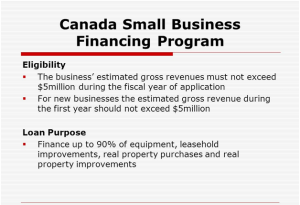Definition of Contract for Difference and Basic CFD Trading
3 min read
An agreement for two parties to exchange differences between an opening and closing position price, CFD Trading has been one of the most popular forms of financial investments that a lot of traders had been getting themselves into as it enables a trader to base their differences off varying types of financial instruments that is not quite available in others.
CFD or Contract for difference is a very convenient and effective instrument for speculative trading of different underlying assets such as commodities, futures, indices and shares.
This type of trading allows a trader to take short or long positions and has no specific expiry date unlike futures contracts. Legally, this is still not available in the United States because of the restrictions implemented by their Securities and Exchange commission that covers OTC or over-the counter instruments.
Contract for Differences
Just like in futures contracts, CFD Tradingis cash settled. Depending on the amount of the settlement of cash, shall be represented by the differences of the two underlying asset’s prices as agreed in the contract and is based on the market price at the date of the settlement.
Contracts for Difference can be short (where the trader earns gains from the prices falling) or long (where the trader earns from the rising prices of the underlying assets chosen on the contract).
No Expiry
Unlike in Futures and forwards, Contract For Differences are open ended and does not have a specific date for settlement. At the same time, a contract can be closed by the holder upon demand.
With this type of trading, investors are given exposure to a wide array of financial assets such as debt securities, currencies, commodities and single or multiple share indices.
As applied to shares, CFDs are derivatives which the holder or trader does not have any general call option or voting rights over the underlying shares.
In the United Kingdom
For Tax purposes for corporations in the United Kingdom, the purpose of CFDs is to make profit to avoid a loss in reference to the different fluctuating price or value in the properties that has been described in the contract. The contract is an instrument in which it is used to convert the variable price’s risk into a specific price.
Exposure to Leverages
As most traders have participated in the financial markets of CFDs, one of the many reasons they have participated in trading is due to the exposure for different underlying assets plus the many leverages offered in CFD Trading.
With only a small amount/percentage required in trading, one has the chance of potentially earning more than how much they have invested in a contract giving the investor the chance to expand their portfolio and diversify them.
As this may sound as a huge advantage for trading, this can also go the opposite direction and might have the investor shell out more money than what was initially intended as the multipliers may also increase the amount of loss.






